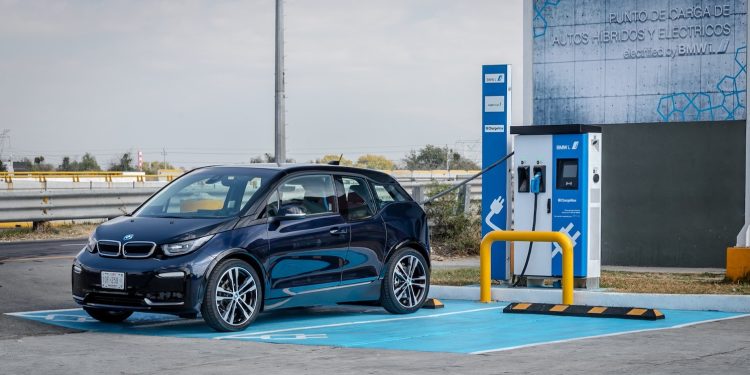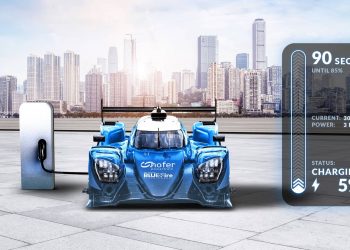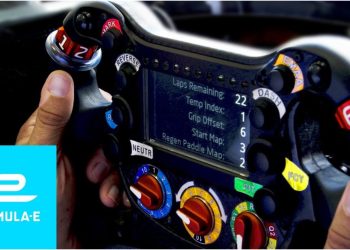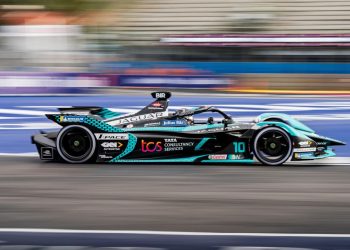While it is true that China and Europe dominate the electric vehicle market, the United States is making significant efforts from both the public and private sectors to close the gap.
In terms of government activities, President Joe Biden has announced major investments in electromobility and renewable energies. Meanwhile, research and technological innovations are emerging from the private sector and academia to evolve the electrified market.
Regarding charging infrastructure, a weak point of electric mobility so far, researchers at Cornell University, New York, are developing a charging system to improve the autonomy of cars.
Read also: Formula E Officializes McLaren’s Entry
There are currently 1.8 million battery-powered cars in the United States, but only about 100,000 charging stations in 41,000 public charging stations, which is why Biden has promised to install 500,000 new centers to supply power.
This is specifically about a technology that will allow drivers to charge their electric car while driving, a project that has been underway for 7 years and shows significant progress towards its implementation.
Professor of Electrical and Computer Engineering at Cornell, Khurram Afridi says wireless charging is the best way to overcome electric car drivers’ fears of running out of battery because they can’t find charging stations.
“Highways would have a charging lane, kind of like a high-occupancy lane. If you’re running out of battery, you could move to the charging lane. It would be possible to identify which cars have used the lane and then send them the bill,” the scientist explained to the Business Insider portal.
What would the Process be?
According to Afridi, the project would involve inserting metal plates connected to a subway power line and a high-frequency inverter into the road. The plates would create alternating current magnetic fields that would attract and repel two matching plates attached to the underside of the electric car.
“The only way people will buy electric cars is if recharging them is as easy as filling a combustion vehicle with gasoline. If we had this technology, electric vehicles would have fewer limitations even than traditional ones,” the professor stressed.
The main challenges of the project are to find the components that can carry the high levels of energy needed to charge the cars, as well as the switches capable of operating at the high frequencies needed for efficient charging.
So far, the process takes between 4 and 5 hours to fully charge a small vehicle, so charging a Tesla would take even longer.
Written by I Jhonattan González












